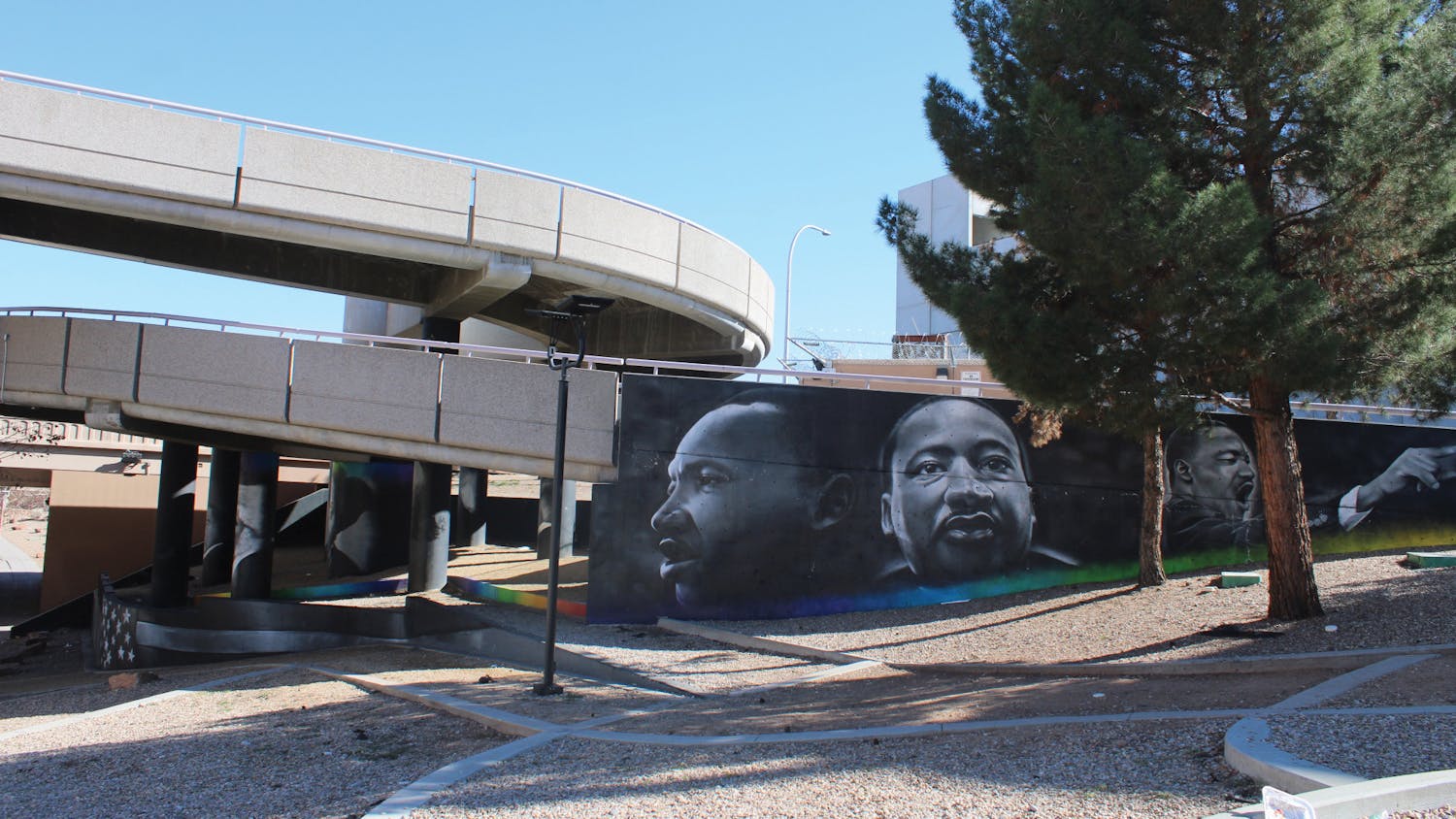Former UNM professor Tim Canova is running for Congress in the state of Florida.
Canova will be vying for Florida's 23rd District, running against former Democratic National Committee Chair Debbie Wasserman Schultz in the Democratic primary on Tuesday.
As a Congressman, Canova said he wants to represent the interests of real people, and not large corporations.
“I want to restore the balance between the public and private sectors, help redirect the Federal Reserve from propping up Wall Street’s excesses to helping Main Street, creating jobs, rebuilding infrastructure and financing a Green New Deal for our generation,” he said.
In 1998, Canova was offered a tenure-track teaching position at UNM, where he taught courses in business law and banking law, among others.
Canova said the experience of being a professor at UNM and elsewhere, and teaching a range of subjects related to public policy issues, has been great preparation for running for Congress.
“It has provided me with expertise and broad perspectives on many issues related to economic inequality, predatory finance, corporate-dominated trade agreements, the failed war on drugs, and much more,” Canova said.
Canova also said the successes of some of his efforts at UNM strengthened his faith in the possibilities of citizen activism and political engagement.
One of the memorable experiences that stood out to him was in January of 2001, when he said he took his entire class on a field trip to Santa Fe to visit the Roundhouse.
“The governor at the time was Gary Johnson, a Republican and the highest elected official in the country (who was) against the war on drugs,” he said.
After returning to Albuquerque, he assigned the students a project to individually track a legislative bill throughout the semester. To model the project, Canova said he chose a bill to track and report on regularly in class.
“I chose a bill to overturn the state’s felony disenfranchisement law, which was after finding studies that showed that Hispanic, Native-American and African-Americans were disproportionately punished by incarceration and felony disenfranchisement,” Canova said. He soon found himself spearheading a grassroots citizens lobbying campaign for the bill.
Get content from The Daily Lobo delivered to your inbox
“Along with many students, we used the internet, which was still in its infancy, to organize and lobby on behalf of the bill, and in only three months we helped push the bill through committees and both houses of the legislature, and the governor signed it into law,” he said.
Afterwards, Canova was appointed by the provost to serve on a University committee to advise and help adopt a socially responsible investment (SRI) policy for UNM’s endowment, he said.
“This ultimately led to one of the most progressive (of) such policies in the country, and UNM became the first - and perhaps still the only - university to ban investments in World Bank Bonds as part of its SRI policy,” Canova said.
During his time at UNM Canova also served on a committee on workers’ rights and sweatshop labor that ultimately adopted a code of conduct for the procurement and licensing of UNM apparel, he said. Both committees included UNM law students, who Canova said “were instrumental in setting the agenda and adopting progressive reforms for the UNM community.”
A different state, a different perspective
Although there are significant differences between living in Florida and New Mexico, Canova said his time in New Mexico showed him the state's potential to step up and play a significant role in the work of political reform.
He said the cross-cultural setting has taught him that you must always try to put yourself in the other person’s shoes.
“Although I fell short many times, I always learned that this is the only way to achieve mutual respect,” Canova said.
Canova said his family has been supportive of his decision to run for Congress.
“I half expected them to tell me this was a terrible idea. I wasn’t just deciding to run for Congress, but against the head of the Democratic National Committee. Instead, I found encouragement from each, from my parents, my brothers, cousins and friends,” he said. “Several said that my whole life was preparation for this run for office and for public service.”
Canova, a first-generation American who spent his formative years in in Merrick, New York, said his father was a child immigrant from Sicily who later served in the U.S. Army Air Forces in World War II. Afterwards, his father worked in the space program during the moon landing before passing away when Canova was only 10.
Canova’s mother later remarried another man whose parents were immigrants, and together they became a typical blended family, he said, celebrating various cultural and religious traditions and perspectives.
“From my family upbringing, we learned the values of hard work, resilience, tolerance and mutual respect,” Canova said.
Later, at Franklin and Marshall College in Lancaster, Pennsylvania, Canova said he studied government, economics and history.
After college Canova worked as a legislative aide on Capitol Hill for the late U.S. Senator Paul Tsongas, a Democrat from Massachusetts, he said.
Canova earned a law degree at Georgetown University and, after practicing law in New York City for a few years, Canova went into teaching law full time, eventually ending up at UNM.






